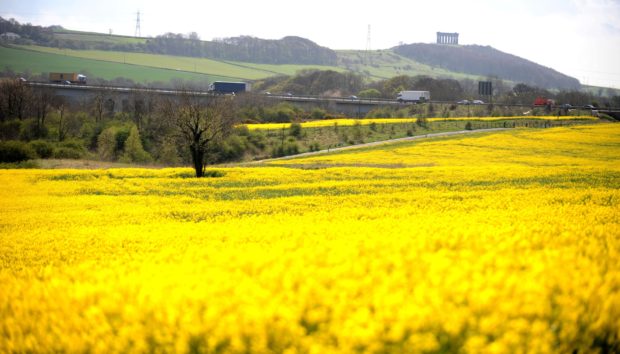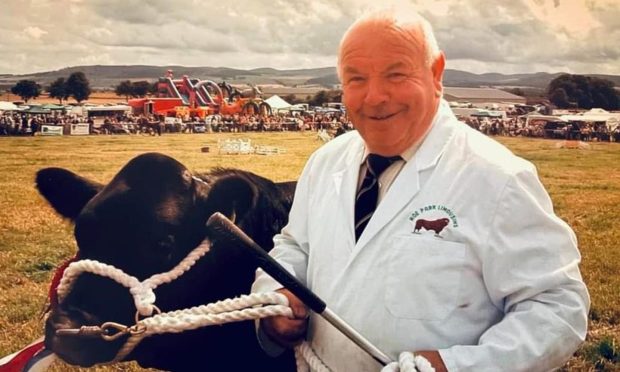The widely-used pesticide metaldehyde has been banned for use on field crops from spring 2020.
Metaldehyde pellets are used to control slugs in potatoes, cereals and oilseed rape, but following advice from the UK Expert Committee on Pesticides (ECP) the government has concluded they pose an unacceptable risk to birds and mammals.
It will be legal to sell metaldehyde for outdoor use for the next six months, with use of the products then allowed for a further 12 months, and no restriction on its use in permanent greenhouses.
Environment Secretary Michael Gove said farmers should look at using alternatives, such as ferric phosphate, which does not carry similar risks.
But Scotland’s farmers’ union said the loss of the pesticide would present a major challenge to growers and, while the per kilo cost of the products is broadly comparable, ferric-products require significantly higher application rates – almost doubling the cost per hectare of slug control and unlikely to be recovered from the marketplace.
Meanwhile, metaldehyde has been reauthorised for use in most other EU member states as well as other non-EU countries.
The government said the restrictions would reduce the possibility of the pesticide contaminating drinking water sources, but NFU Scotland policy manager Andrew Midgley said the ban had been imposed before figures on reduced metaldehyde use and water quality could be analysed.
nnicolson@thecourier.co.uk










